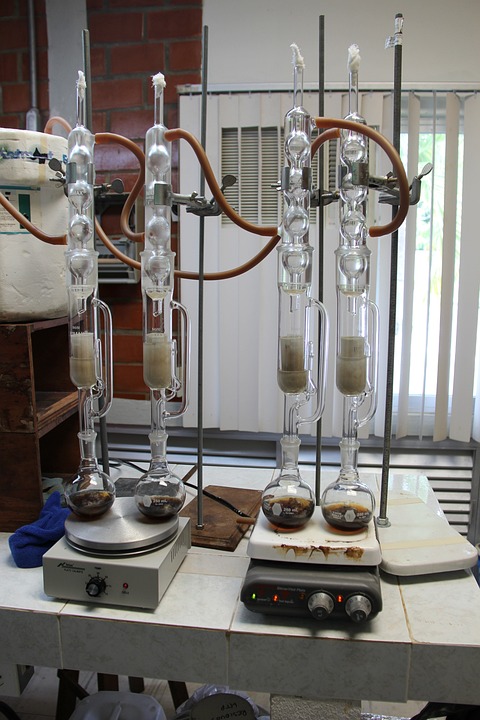Experts weigh in on how much water you should drink daily: New guidelines
Staying hydrated is essential for maintaining good health, but there has always been some confusion about how much water one should drink in a day. To help clarify this matter, experts from various fields have come together to provide new guidelines on daily water intake. In this article, we will delve into these expert opinions and provide you with the latest information.
The Importance of Hydration
Water plays a crucial role in our bodies. It helps regulate body temperature, lubricates joints, aids digestion, flushes out toxins, and supports cognitive function. Insufficient water intake can lead to dehydration, which can cause fatigue, headaches, dry skin, and even more serious complications in severe cases.
Previous Recommendations
For years, the general rule of thumb was to drink eight glasses of water per day, each containing eight ounces (about 2 liters in total). This guideline, known as the “8×8 rule,” was popularized in the 1940s by the Food and Nutrition Board of the National Research Council. However, many experts argue that this recommendation is based on insufficient scientific evidence.
New Guidelines Based on Research
In recent years, extensive research has been conducted to determine more accurate guidelines for water intake. The National Academies of Sciences, Engineering, and Medicine published a comprehensive report in 2004, which stated that daily water needs vary based on factors such as age, sex, activity level, and environmental conditions.
According to the report, men should aim for about 3.7 liters (125 ounces) of total water intake per day, while women should aim for about 2.7 liters (91 ounces). These values include fluids from all sources, not just pure water. It is important to note that these amounts are general recommendations and can vary for individuals depending on their specific needs.
Factors Affecting Water Needs
Several factors influence our daily water requirements:
1. Climate
In hot and humid environments, we tend to lose more water through sweating, increasing our need for hydration.
2. Physical Activity
Engaging in exercise or other strenuous activities increases fluid loss through sweat, necessitating higher water intake to replace lost fluids.
3. Health Conditions
People with certain health conditions, such as urinary tract stones or urinary incontinence, may require higher water intake to promote proper functioning of the urinary system.
4. Pregnancy or Breastfeeding
During pregnancy or while breastfeeding, women have increased fluid requirements to support fetal development and milk production.
Frequently Asked Questions (FAQs)
Q: Can drinking too much water be harmful?
A: While rare, excessive water intake can lead to a condition called hyponatremia, which is characterized by low sodium levels in the blood. It is important to balance water intake with adequate sodium intake and consult a healthcare professional if you have concerns.
Q: Should I only rely on water for hydration?
A: No, fluid requirements can be met through a variety of sources, including water, other beverages, and even water-rich foods like fruits and vegetables.
Q: What are the signs of dehydration?
A: Common signs of dehydration include dark-colored urine, dry mouth, fatigue, dizziness, and reduced urine output. If experiencing these symptoms, it is important to increase fluid intake.
Q: Can I count caffeinated beverages towards my daily water intake?
A: While caffeinated beverages like coffee and tea do contribute to overall fluid intake, excessive caffeine consumption can have diuretic effects, increasing fluid loss. Moderation is key.
Q: Do I need to drink water even if I don’t feel thirsty?
A: Yes, it is essential to maintain adequate hydration even if you don’t feel thirsty. Thirst is the body’s way of signaling that it is already somewhat dehydrated.
Conclusion
Experts now recommend a more personalized approach to daily water intake. The general guideline suggests men aim for 3.7 liters (125 ounces) and women aim for 2.7 liters (91 ounces) of total water intake per day. However, several factors such as climate, physical activity, health conditions, pregnancy, and breastfeeding can influence an individual’s specific water needs. Remember to listen to your body and consult a healthcare professional if you have any concerns about your hydration levels.

